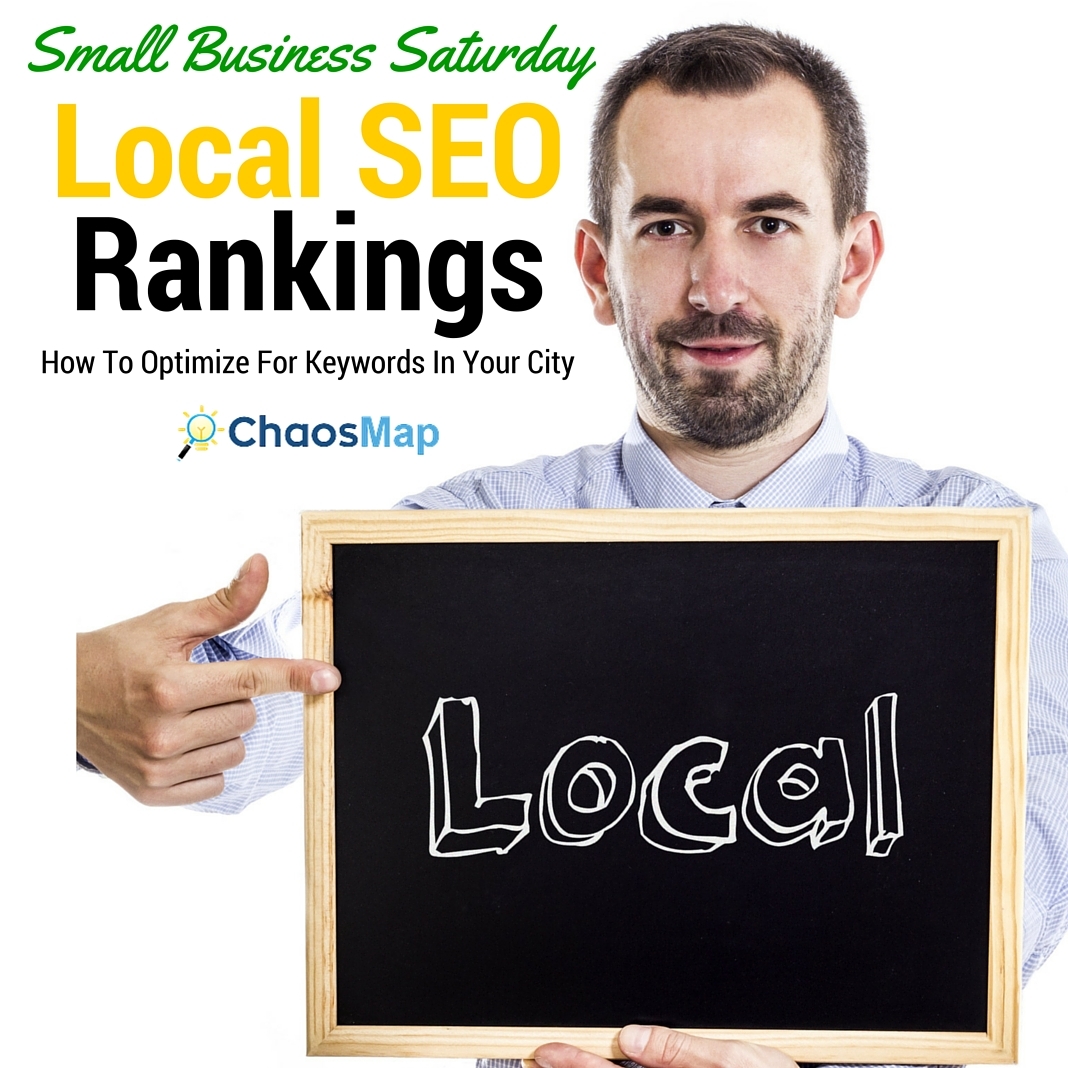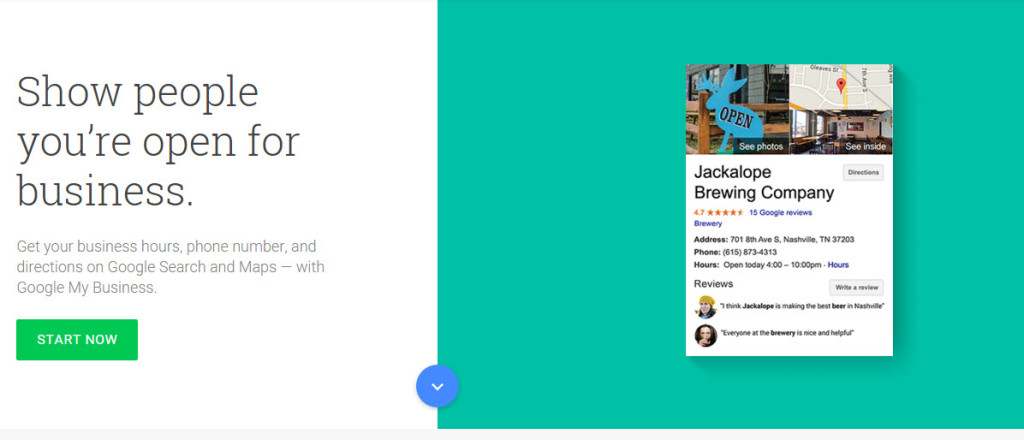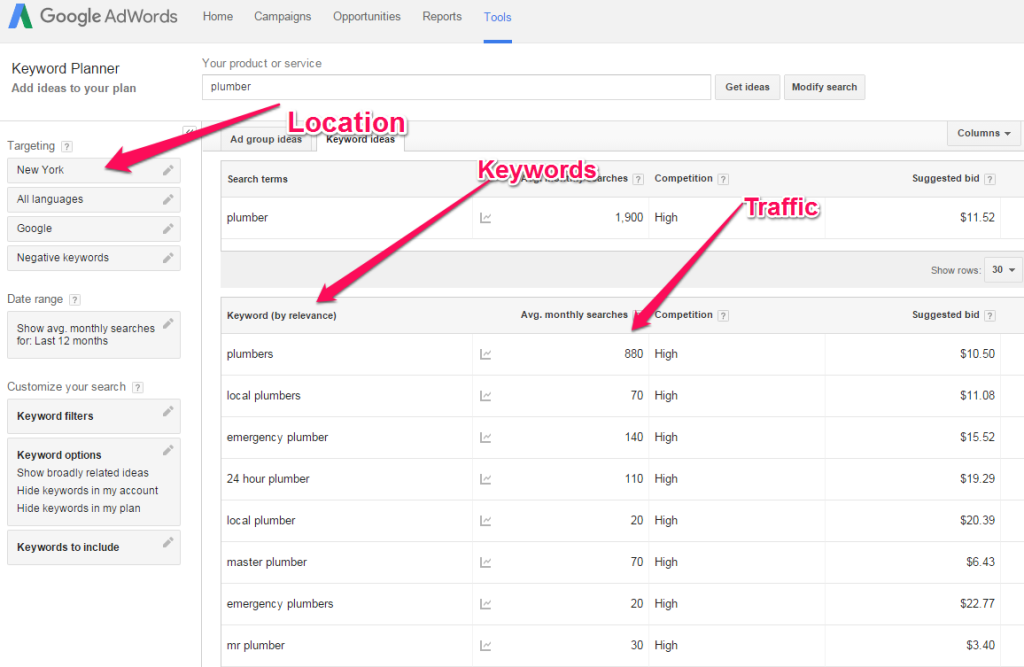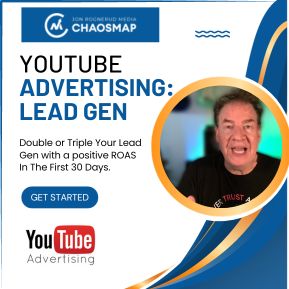Small Business Saturday is a BIG shopping and awareness raising event each year (What is Small Business Saturday?).
For more background, read this: Why Small Business Saturday Is Massive Millennial Business (by Winnie Sun, Forbes Magazine)
It’s an exciting time for the SMB industry, but also a fresh reminder for us all that they not only help drive major areas of the US economy, but business owners at the local level need expert guidance and mentor-ship to grow their businesses.
FACT: The 28 million small businesses in America account for 54% of all U.S. sales.
“Helping small businesses do more business” – American Express, Small Business Saturday
If you’re managing or running a marketing campaign for a local business, you’d understand that one of the biggest challenges every business owner comes across, is being able to rank (and convert) keywords locally.
To drive more relevant and timely traffic locally, but ultimately, to sell and grow the bottom line with more conversions (some action to a sale).
Search engine optimization for users with a local intent will be a great boost to your marketing campaigns. That, along with paid advertising for search, where you only pay for results. (example: Google Adwords Express).
Local SEO and ranking keywords in a particular city, as simple as it may sound, is a whole lot different from the SEO strategies that you may be used to from a national SEO campaign.
Before You Get Started With Local SEO
You have to understand that the process is different when you want to rank keywords in your city, as opposed to ranking keywords globally.
A global or national search can be too “general” or “competitive” and often practiced by many internet marketers. But local businesses, like you, will gain more traction when researching and applying local SEO techniques.
Local SEO has changed a lot over the past few years – and the changes rapidly occur (Think Pigeon, the “down from 7 results in Google maps to ‘3-pack’“, Local Mobile changes, etc).
If you haven’t addressed local SEO, you may want to re-review your strategies and make sure that they’re up to date before implementing.
It’s not wise to start chasing links or citations right then and there.
Yes – we all want local exposure, but grabbing web assets without a proper business strategy and plan will not do much help.
Remember, you want only the best possible results for your business, and your local internet marketing strategies, no matter how simple they may be, should be updated so your efforts are not worthless.
Here are local search optimization tips you should look at now:
1: Google My Business + “NAP”
Google My Business, the NAP model (name+address+phone), and local citations and directories play a crucial role in terms of local SEO.
One of the secrets towards a successful local SEO campaign is to remain consistent with data across platforms (and your website).
This means that you have to list your business name the same way, format addresses, and phone numbers exactly how they are posted on your site and pages.
This is true across the entire local eco-system: directories and local online properties that help build and support the “trust” factors that users and search engines love.
It is important that you list your business name, address and phone number on every page on your site – and use the exact information on other local citations. This way, search engines will display your business information exactly the same way, making it easier to rank your keywords and get higher rankings.
Other than taking advantage of Google My Business and local citations, you can also benefit from local reviews.
These reviews can significantly help in giving you better search engine rankings, allowing you to rank your local keywords higher.
2: Invest In A Local Keyword Tool
Despite all your efforts to remain consistent with NAP and other local SEO efforts, you won’t do well if you’re using the wrong keywords. Or, even keywords that have no traffic.
Google’s free Keyword Planner Tool will give you an overview of the basic statistics and impressions for recommended keywords for your market.
A free local kw tool (the keyword planner tool) available inside the Google Adwords interface is a good starting place.
- Enter your main keyword
- Select the targeting (locale)
- Watch the keywords and number panel for local results
Results from “plumber” (main keyword) in “New York, New York”:
While numbers (traffic, bid prices, etc) should not be taken at face value from this (or any tool), you’ll have guiding numbers. You should compare with your own analytics as well, and run ranking reports to see how far off you are in either direction.
These tools are created to help you find the popular, relevant and also highest paying local keywords (more competitive, but often more valuable) in your industry. Tools can also give you an idea on which keywords your competitors are using (TIP: try to enter their URLs and check out results).
Hijacking your competitors keywords can be an effective local SEO marketing strategy, not to mention that it can help you outdo competing websites.
There are numerous free keyword tools in the market, and some are offered free for a limited time. If you’re unsure on which tool to use, start researching. You can use tools that generate global values but be mindful of (local) searcher intent as well as the metrics.
While generating local keywords and discovering usage for your neighborhood is important, don’t start spamming pages with content and titles. Use with care.
Global keyword statistics may give you the numbers that you’re looking for, but local keyword tools will give you figures that you need to improve local SEO rankings.
3: Local Optimization Tips And Tricks
We all know that SEO is changing – but there are some basic tips and tricks that don’t change, and can still make an enormous difference with your local rankings.
Listed below are some Local SEO tips in helping you rank your keywords locally:
- Stop Spamming Your Keywords
This is a no-brainer but we’re still surprised by this. Keyword stuffing is not the answer to rank them. It will eventually result in penalties (filters) as Google and other search engines don’t like sites with keywords stuffed ‘all over them’. Remember, you’re not going to rank well in your city or state just because you’ve spammed your sites and external links with your keywords in them (anchor text over-optimization).
- Add Strategic Home Page Content and Targeted Landing Page Content
One of the most common problems local web marketers encounter is that despite their efforts to create content, attract links, make their local listings consistent all throughout, their rankings do not seem to improve.
One of the possible reasons is that their home page may contain very little to no content at all and that on-page factors are not aligned with user searches.
Google needs to know what your page(s) is all about. The same thing goes with your prospects/customers. They’re not going to get it with very thin and low-value information added on your home page.
- Write Meaningful, Local Content On ALL Website Pages
In early times of the web, internet marketers would write content for the purpose of pleasing search engines.
Today, it’s all about the user. Search engines will follow.
If you’re writing content on all of your pages, that text should be meaningful, something worth sharing, something that can benefit your customers.
Search engines are checking every single page on your site and to extract something meaningful from them. And, likewise, your customers wouldn’t give you the trust you need if you don’t have anything relevant to share with them.
Ranking keywords locally are not just about choosing the right keywords, but also about making sure that those keywords are incorporated into your website pages the proper, non-spammy way.
- Choose Your Title Tags Carefully
Your title tag should at least contain one of your keywords and should summarize what your entire page is all about – period. Don’t place a bunch of keywords you’re trying to rank for. You’re not going to get the rankings this way. You can check snippets and character counts here.
- Content, Headings, Image Texts and URL
Include city, state or town in your title tags and match up the keyword and content in heading tags, image alt attributes and the URL (web address). Synonyms and related terms should be applied. If it is done “too perfectly” – you might fall into “over-optimization” territory.
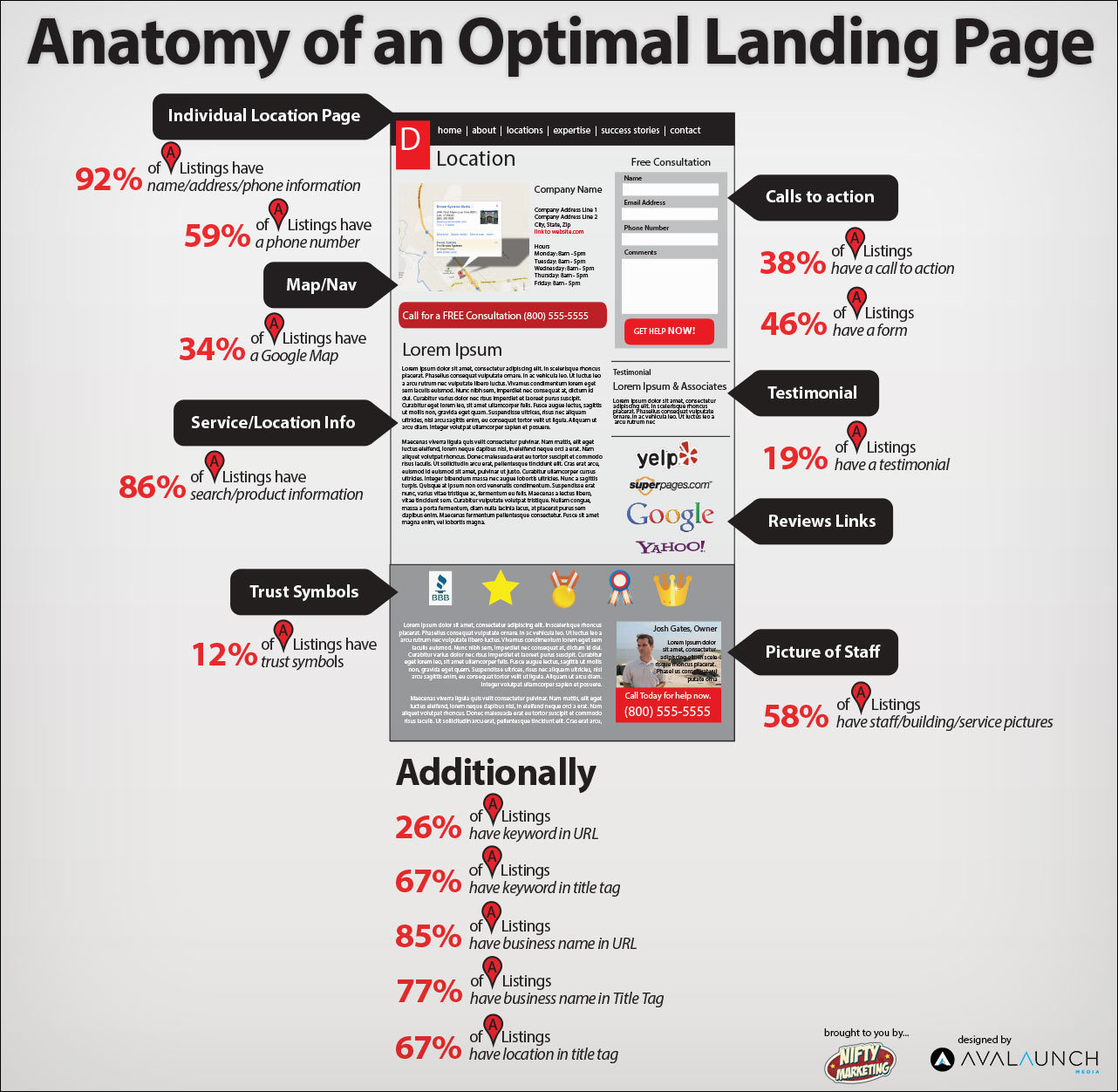
From keyword research and conversion opportunities, make available a variety of keywords to rank (broken into separate pages most of the time), and make sure your keywords include the city, state or town you’re trying to rank for.
This is the simplest and the fastest way to rank your keywords in the local scene. However, be watchful for duplication of content on pages – from HTML code (non-visible) to actual body text (visible).
NOTICE: Some CRM system will duplicate pages (after editing and saving) without you knowing it. Google hates duplicate pages, and you’ll unknowingly struggle to rank your pages. (“it feels like my local SEO work is not working”)
Finally, content should be uniquely written, and show authority and leadership for your market. Research also suggests that a baseline of 1000+ word pages rank well, and more is better. (if it’s well written).
3: Other Factors To Include in your Local SEO Strategy
Look at behaviors and engagement on the pages.
Bounce rate and time on site (pages) are areas for (content, conversion) improvement if showing poor results. The goal is to prevent them from leaving your site.
RELATED TIP: Even exit-pops (pop up windows when user leaves your page) can allow you to grab their name+email in exchange for an awesome, useful tip or guide. (Example from the contractor business: provide a short guide; “7 Mistakes People Make When Hiring a Home Contractor”). Then, continue to build the relationship with a nurture email sequence.
Use of videos can be a great addition to your site.
TIP: Go to usertesting.com and see if users are engaging the way you planned. You might (will) be surprised!
In Summary: Look At The Bigger Picture
Perhaps counter-intuitive, but this is very important to your local search success.
Local SEO is not just about citations, links, local directories, navigational structure or choosing which keywords to use on your pages (although important).
It is also about creating content specifically made to cater your local audience.
To make the posts informative included with local signals. And, at the same time, making use of social media to take advantage of the “in the moment” traffic.
Better quality visitors will begin to show up and buy from you.
Showcase your testimonials and local reviews while thinking about “helping the users”. Local search engine results will follow.
Check your page titles, meta descriptions and H(x) tags. Make sure the bot crawl-ability is great, and that no blocks are seen on the site/pages. Some of these fixes can make a big impact quickly. Bigger sites will take longer and for competitive niches. Make sure to benchmark before and after. An SEO audit and technical SEO ongoing will be important.
Other metrics (more important than rankings!) you should look at are conversions (clicks, actual calls, form fills, etc).
Learn best practices on how you can move the prospect through the marketing and sales funnels.
Email marketing and automation can really help build your bottom line.
It’s a must these days – along with CRM pipeline and sales tracking, but many business owners get stuck in “ranking hell”, unfortunately.
Do NOT make this just about chasing local rankings and “map-packs-madness”.
Focus on your website, unique and local (neighborhood) content, and especially for multi-location businesses. Do this while you work with your team and SEO experts on moving your lead flow upwards!
Happy Small Business Saturday.
How do you turn existing traffic into more leads for local businesses?
BONUS: Get the free lead generation guide that will show you how to quickly get more leads from traffic. Includes 2 bonus strategies not found in this post.Jon Rognerud and Chaosmap work with Fortune 500 companies, associations and entrepreneurs to create digital traffic strategies that scale up members, customers, leads and sales with profitable returns. Mr. Rognerud wrote a best-selling book (Buy On Amazon), “The Ultimate Guide To Optimizing Your Website” (Entrepreneur). Connect directly here.

